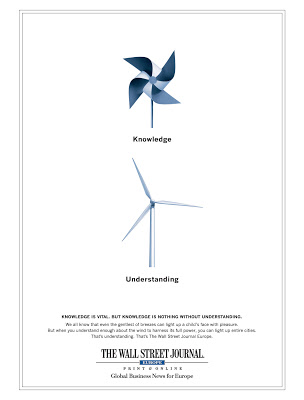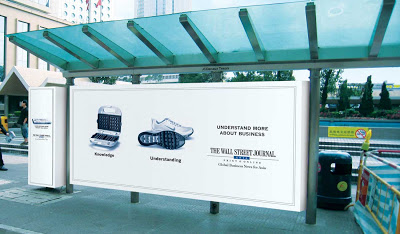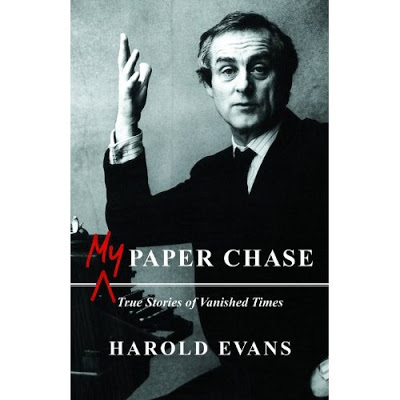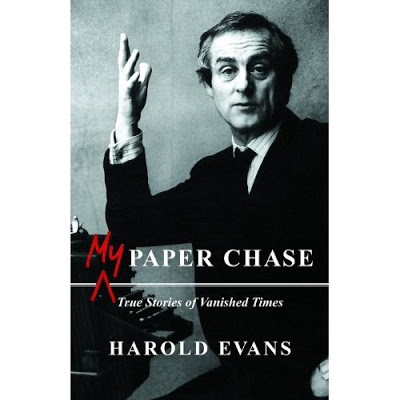
Se puede visitar el sitio de THE TIMES y THE SUNDAY TIMES, todavía gratis, pero con registro previo.
Las páginas digitales, de pago.
Lo explican, en su editorial de hoy domingo: ’EL FUTURO DE LAS BUENAS NOTICIAS NO ES GRATIS’.
2 libras a la semana.
En un futuro inmediato, dos sitios digitales: uno para THE TIMES, otro para THE SUNDAY TIMES.
No dejan página digital en abierto; para el editorialista, es ‘absurdo’ cobrar dos libras por el papel y dar el mismo contenido gratis en la red.
De momento, no se nota ningún cambio importante, se mantiene un único sitio para las dos cabeceras. De primeras, no se ofrencen PDFs, se accede a la información mediante hiperlinks.
Asumen los riesgos.
Se acabó el entrenamiento, comienza el partido.
Por ello, LA IGUANA tiene en su columna derecha una encuesta para conocer su opinión sobre los nuevos modelos informativos.
From The Sunday Times
March 28, 2010
Why the future of good news is not free
If we are asking politicians to be honest, it is important we practise what we preach. Nowhere is this more crucial than with journalism on the internet. At present we are in the absurd position of charging people £2 for our newspaper while simultaneously offering the same content free online. The flawed logic was that internet advertising would pay for it. The recession has put a stop to that, so giving away expensive journalism is financially unsustainable and ultimately bad for us and our readers.
At The Sunday Times we put an enormous amount of money and effort into producing the best journalism we possibly can. If we keep giving it away we will no longer be able to do that. Inevitably the spending will decline, and with it the quality of the journalism. We will no longer be able to let reporters pursue stories for weeks on end (our investigation of MPs’ lobbying has taken the Insight team eight weeks) or send correspondents to spend months in Afghanistan or Iraq. Such practices are expensive, and there is always a risk they will be unproductive.
However, without this investment, the British public would see a steady fall in the quality and diversity of the information they receive and learn less about how they are governed. We have perhaps the most lively and competitive press in the world, but that has been possible only because it is based on commercial success.
The decision to create a separate website for The Sunday Times is thus a significant development. It, too, is expensive and we have decided to charge £2 a week for access to our huge range of content and to that of The Times, which is also building a new website. We believe many readers will be prepared to pay this relatively small amount because they value our journalism and they understand that nothing of value is free.
We acknowledge the risk involved when much other good journalism is still available free online. However, we believe that if we are transparent with our readers and explain the financial realities, they will support our move. Ultimately we think that other newspapers will follow, and that the only free content online will be of inferior quality or supplied by the BBC. Even that organisation is finally beginning to realise it should stop trying to become a publisher online, and is cutting back on its massive internet spending.
We are in the midst of a publishing revolution, and if we get our finances right, you, our valued readers, will benefit from a new golden age in which we can devote more time and money to bringing you the very best journalism in the finest traditions of The Sunday Times.

Mensaje de bienvenida (o de despedida).
























